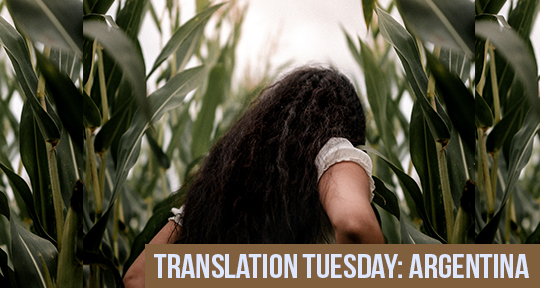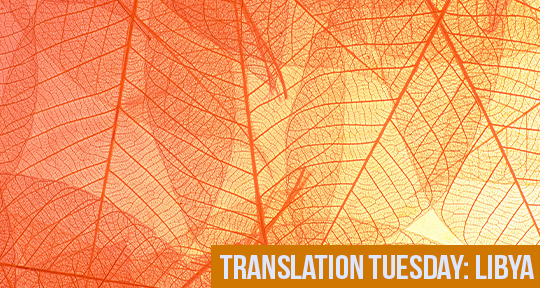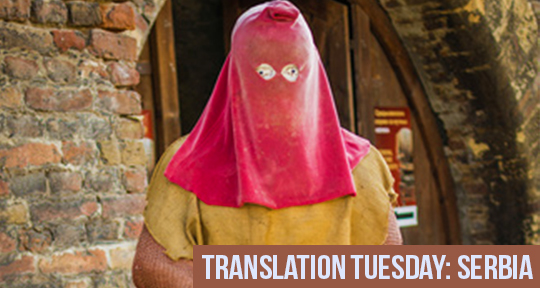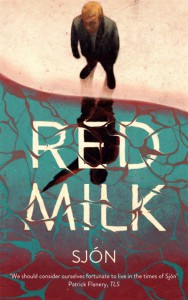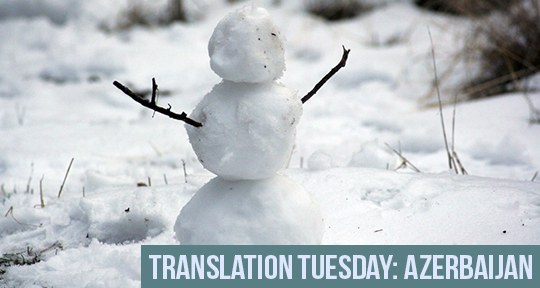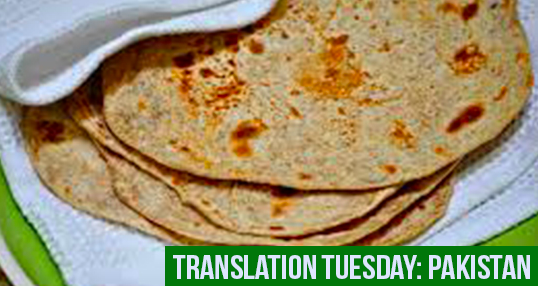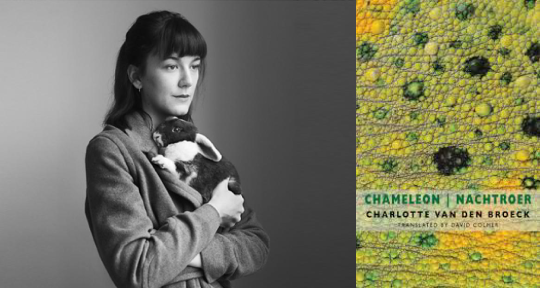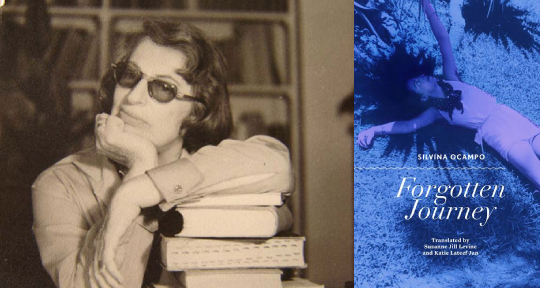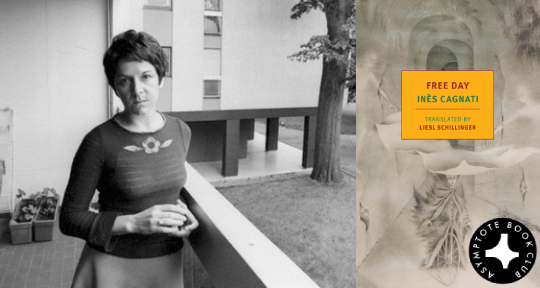This Translation Tuesday, we bring to you a short fiction from the prize-winning Argentine writer Inés Garland. The story evokes the terror endured by two sisters from an affluent Buenos Aires family, after their parents leave them in the care of a vindictive nanny at the family’s country ranch. Tense and dramatic at turns, this story is a look into a child’s psyche and how they navigate the vagaries of their world. Before reading the piece, hear from translator Richard Gwyn himself about the connotations and choices around the story’s title.
One issue stood out above all others in translating Inés Garland’s short story ‘La Penitencia,’ and it concerned the title. Penitencia—‘penance’ in English—is familiar to practising Catholics as an action one performs in the hope of making up for a sin. The particular nuances of this concept, or sacrament, might not be familiar to non-Catholic readers. ‘Penitence,’ which sounds as if it should be right, refers more specifically to a state of mind; of regret, sorrow, or remorse for a wrong committed, and it was clear from Garland’s story that the nanny, Ramona, was expecting rather more than this from her young charges. I opted for the less problematic but less precise ‘Punishment’ to cover a multitude of sins, not only those committed by Catholics.
—Richard Gwyn
That summer might have been no different from any other. We had spent Christmas in Buenos Aires and two days later, like every year, Mum and Dad took us to the country. Ramona was sitting between Clara and me, on the back seat, and was staring ahead, very quiet. She always travelled like this, with her arms crossed and back straight; occasionally she moved her lips as if she were praying and looked at Mum, at the back of Mum’s neck, with short and furtive glances.
Before reaching the dirt road, Mum and Dad announced that, this year, they wouldn’t be able to stay with us, even for one night; some friends were expecting them the next day. Clara began to cry. Ramona continued to stare straight ahead, but clenched her jaw. I decided that this time I wasn’t going to let Mum and Dad go without telling them how Ramona carried on with us when they weren’t around, but, determined as I was, I couldn’t think of a way of telling them everything without Ramona hearing me.
The solution occurred to me when I saw the overgrown field of maize, next to the house. While they were unloading the bags and opening up the house, I explained the plan to Clara, without going into details. I grabbed her by the hand and we ran into the maize field and lay on the ground, face down.
My plan was simple: Mum and Dad would have to look for us to say goodbye—I was sure of that—and when they bent down to give us a kiss, the leaves of the maize would hide them. Down there, hidden from Ramona, I would tell them everything. It seemed so easy, so perfect. READ MORE…

